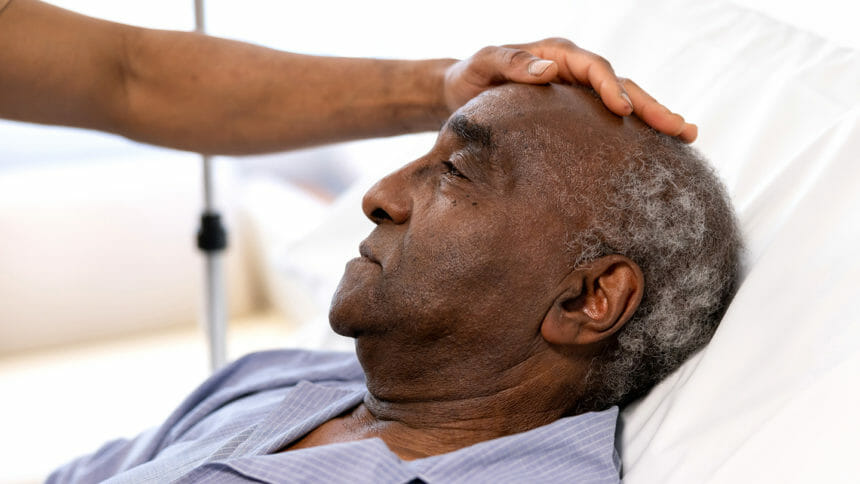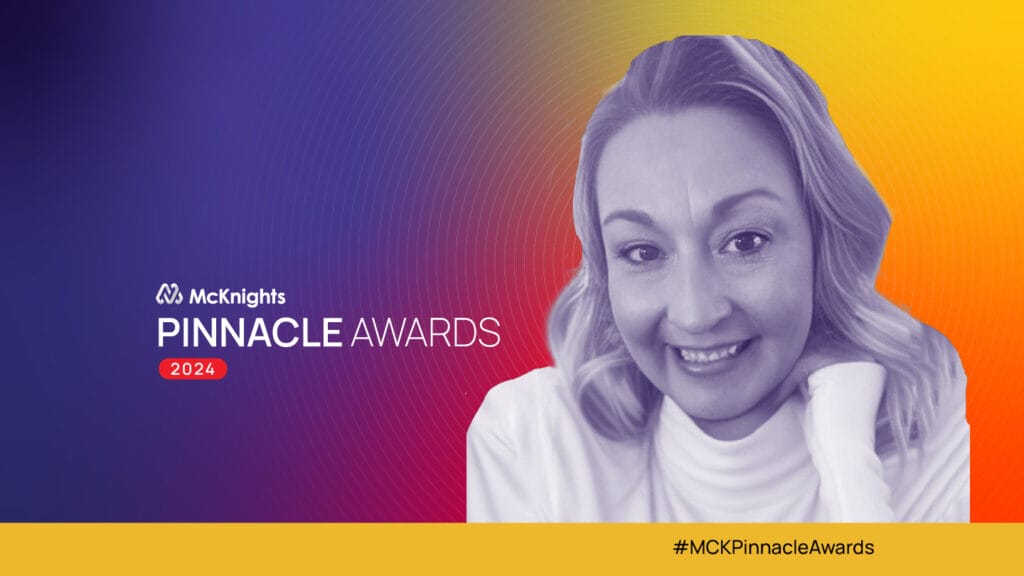
The hospice industry must stop pointing fingers at bad actors and take responsibility for quality and compliance problems. Trisha Crissman, chief operating officer at CHI Health at Home made that charge Monday during a session of the National Hospice and Palliative Care Organization’s Virtual Interdisciplinary Conference.
“If the industry doesn’t have trust, confidence will erode,” Crissman said during a panel discussion on ethics and integrity.
The group of hospice experts addressed the controversy that has been swirling around the nation’s nearly 41-year-old hospice program over the past year. Last month, the Office of Inspector General called on the Centers for Medicare & Medicaid Services to improve oversight of some hospices. An investigative report by ProPublica last fall that accused some for-profit hospices of Medicare fraud and dumping patients who had overly long hospice stays partly prompted this report.
While the panel agreed there are “bad actors” among some for-profit hospices, they agreed those agencies should not be the scapegoat for other problems the industry is having. Hospice and palliative care advocate Ira Byock, MD, charged that the hospice benefit has not kept pace with progress in healthcare, including advances in late-stage disease. He also said access to hospice and quality of care varies.
“Quality is challenged by staffing shortages, particularly around nurses and doctors,” Byock stated. “There is a slow and sometimes inadequate response to symptomatic emergencies in patients’ homes and a disappearance of doctors from hospice care, which is something that hurts my heart.”
Provider organizations, including NHPCO, the National Association for Home Care & Hospice and LeadingAge called on CMS recently to improve oversight of the hospice industry and sent CMS Administrator Chaquita Brooks-LaSure a list of recommendations to enhance the hospice program.
Crissman called on those provider groups to also establish their own quality standards that agencies must meet or exceed to maintain membership.
“We could even go as far as to establish a Good Housekeeping or Better Business Bureau seal of approval,” Crissman suggested.
The panel also called for more public education on hospice, so patients and their families can identify what quality end-of-life care is.



